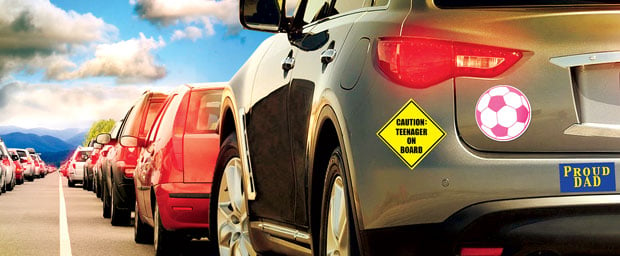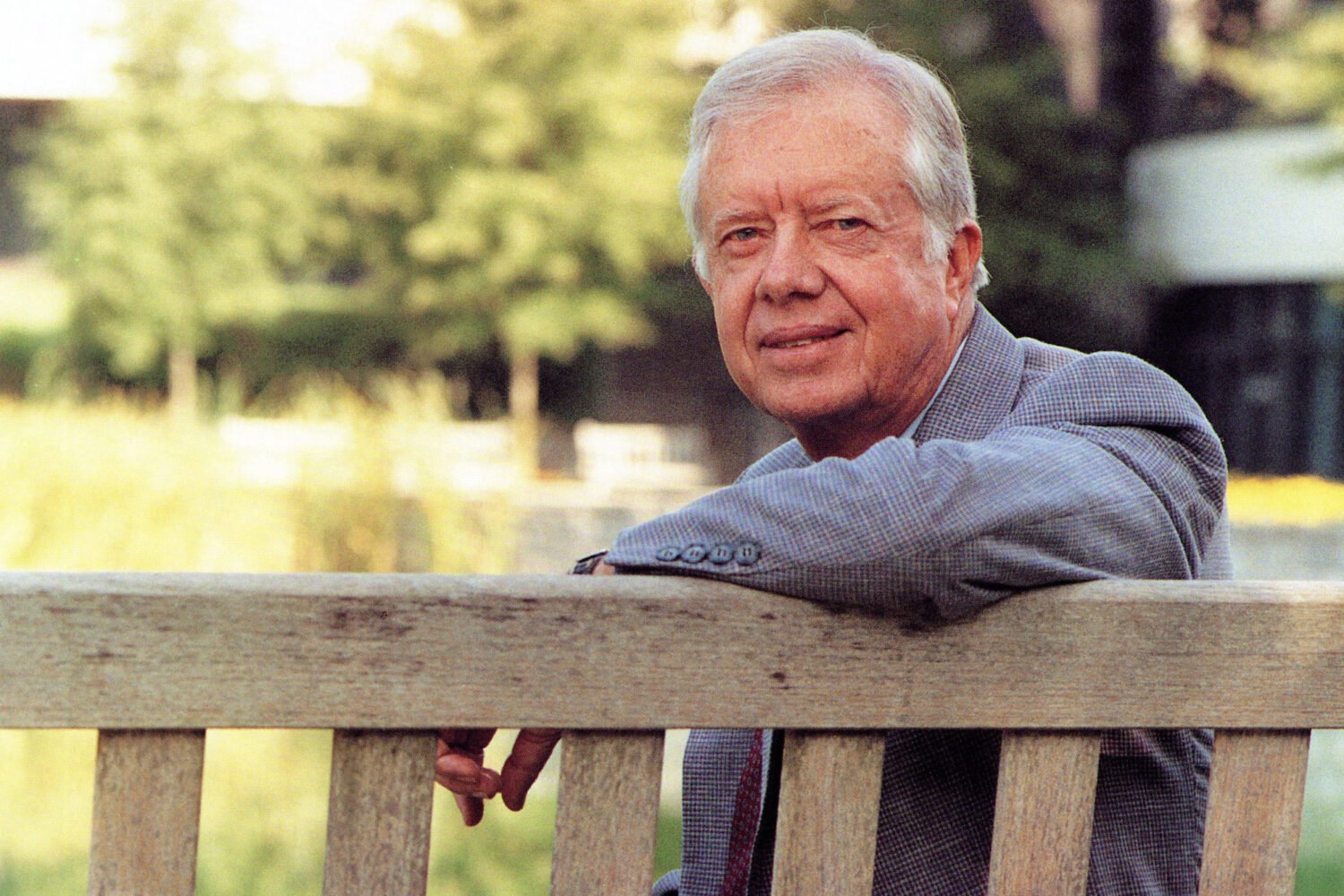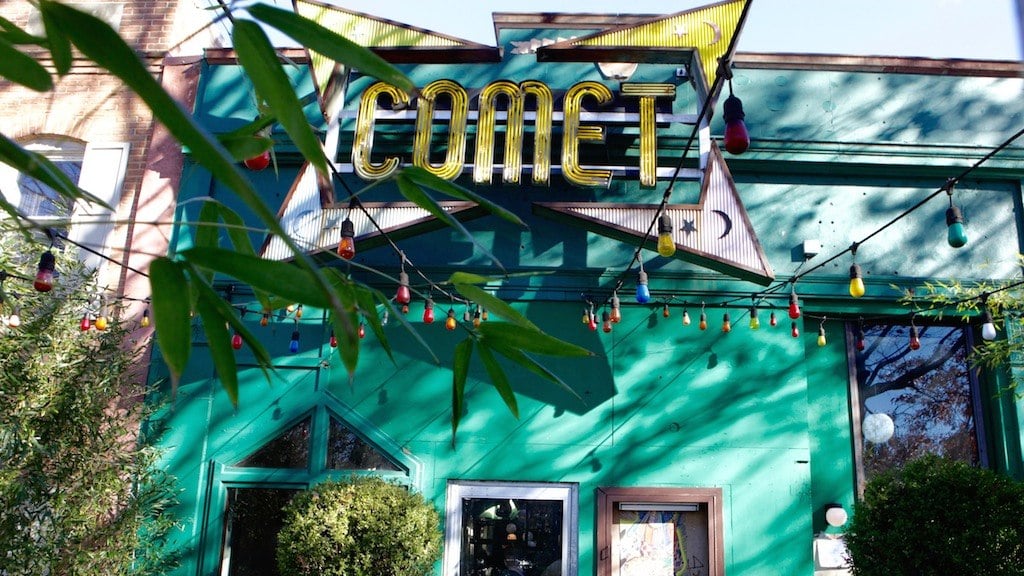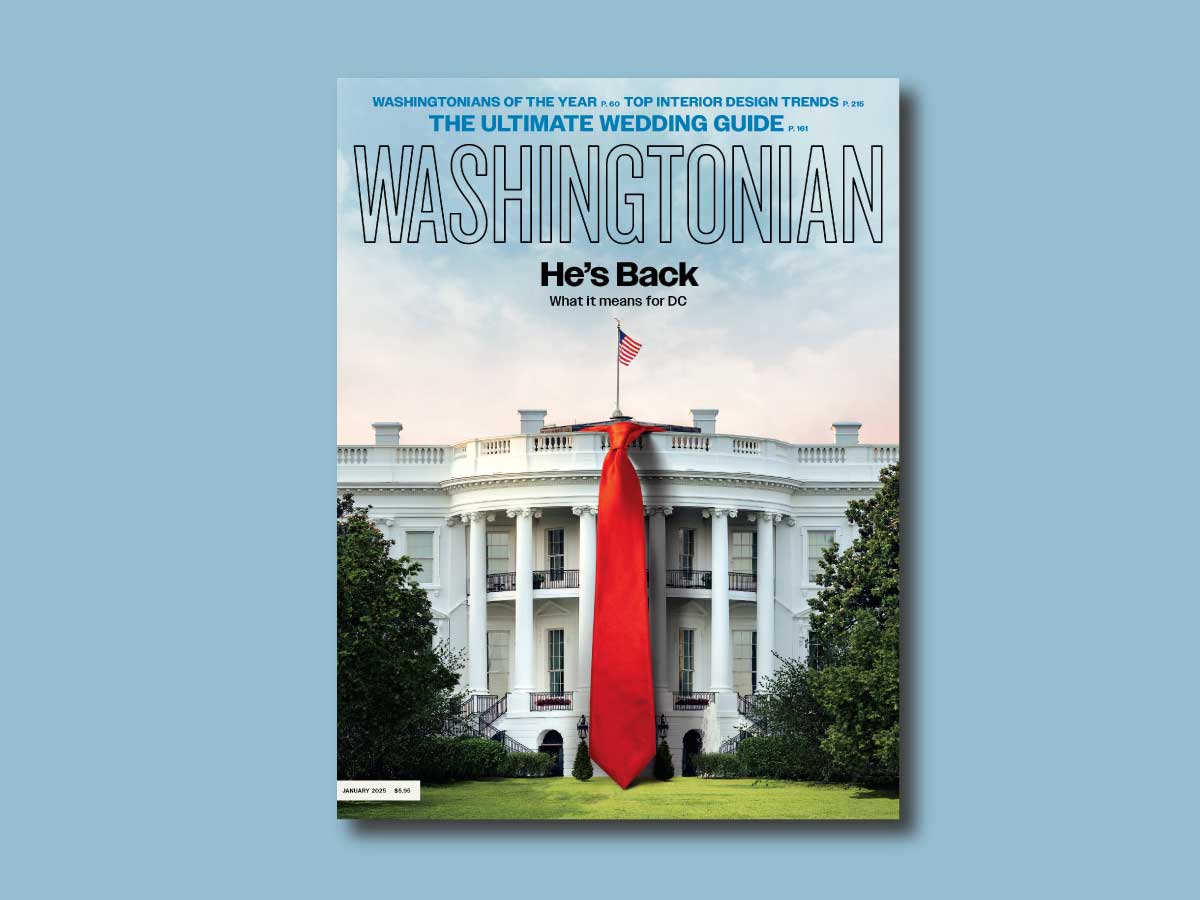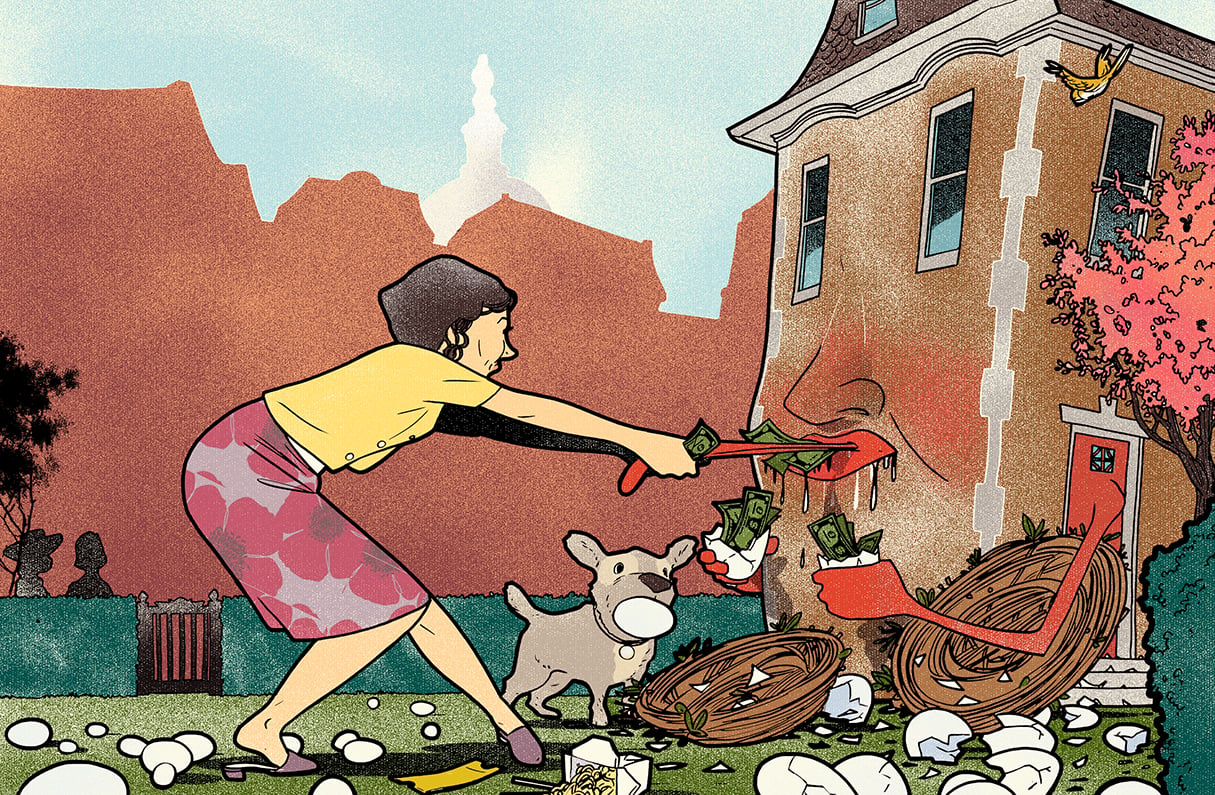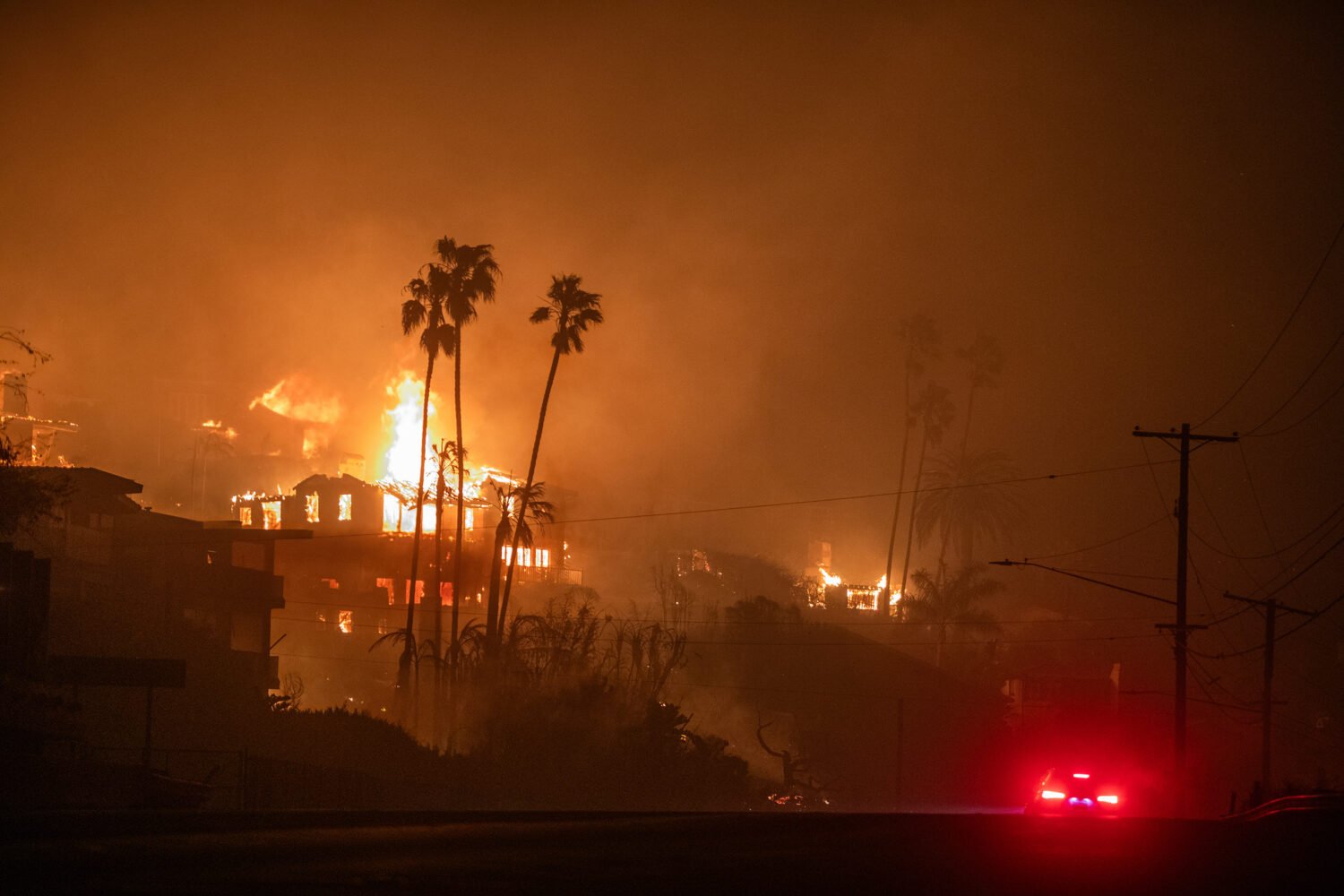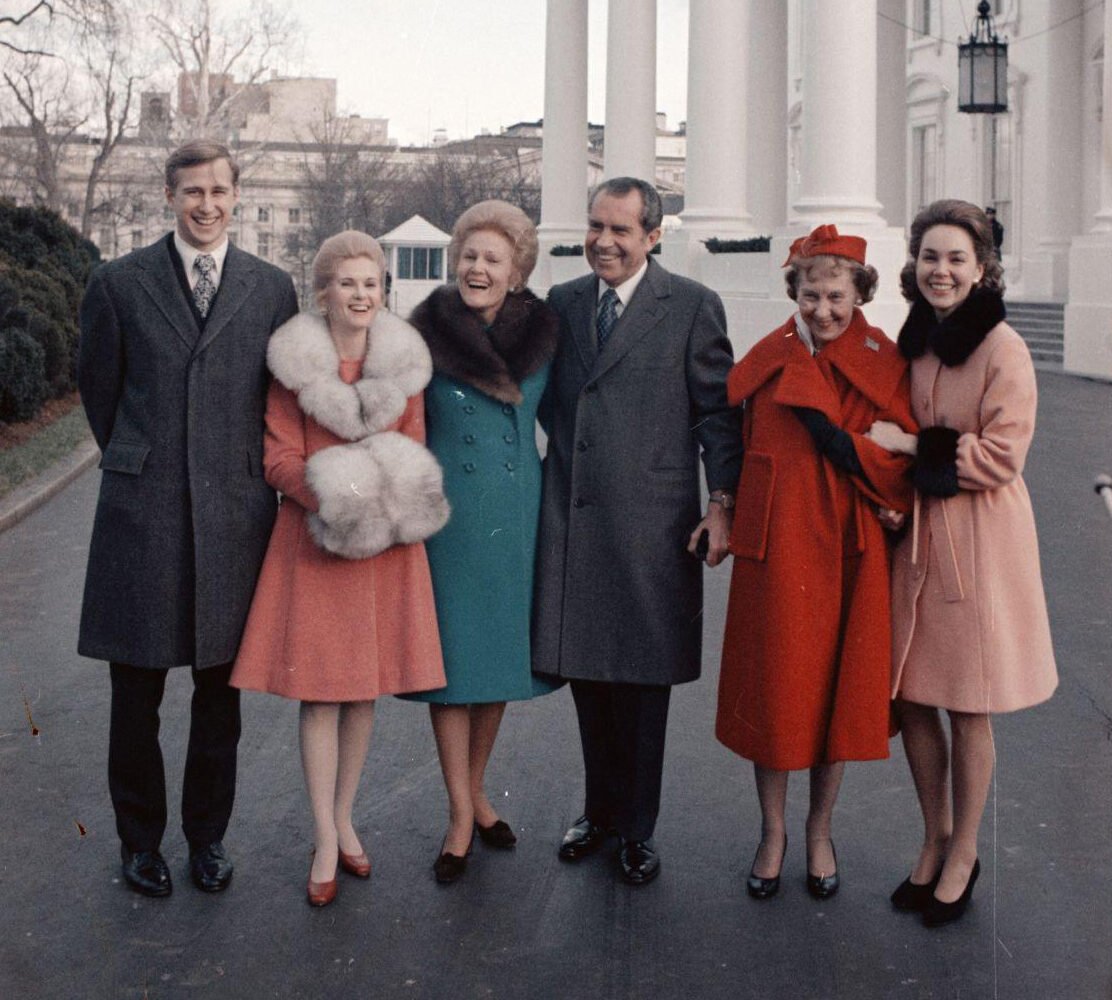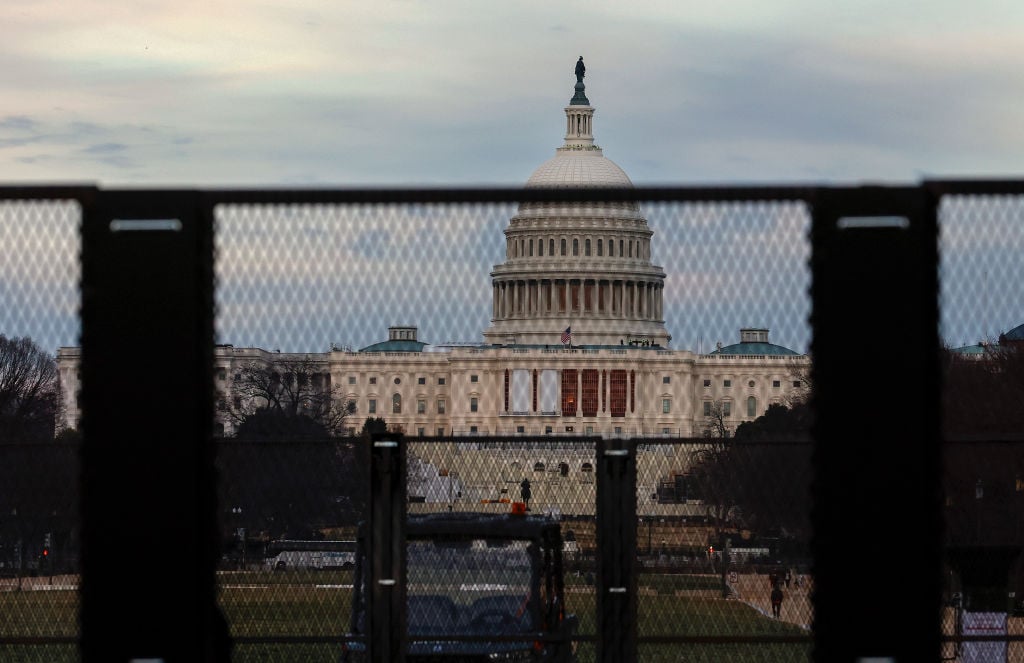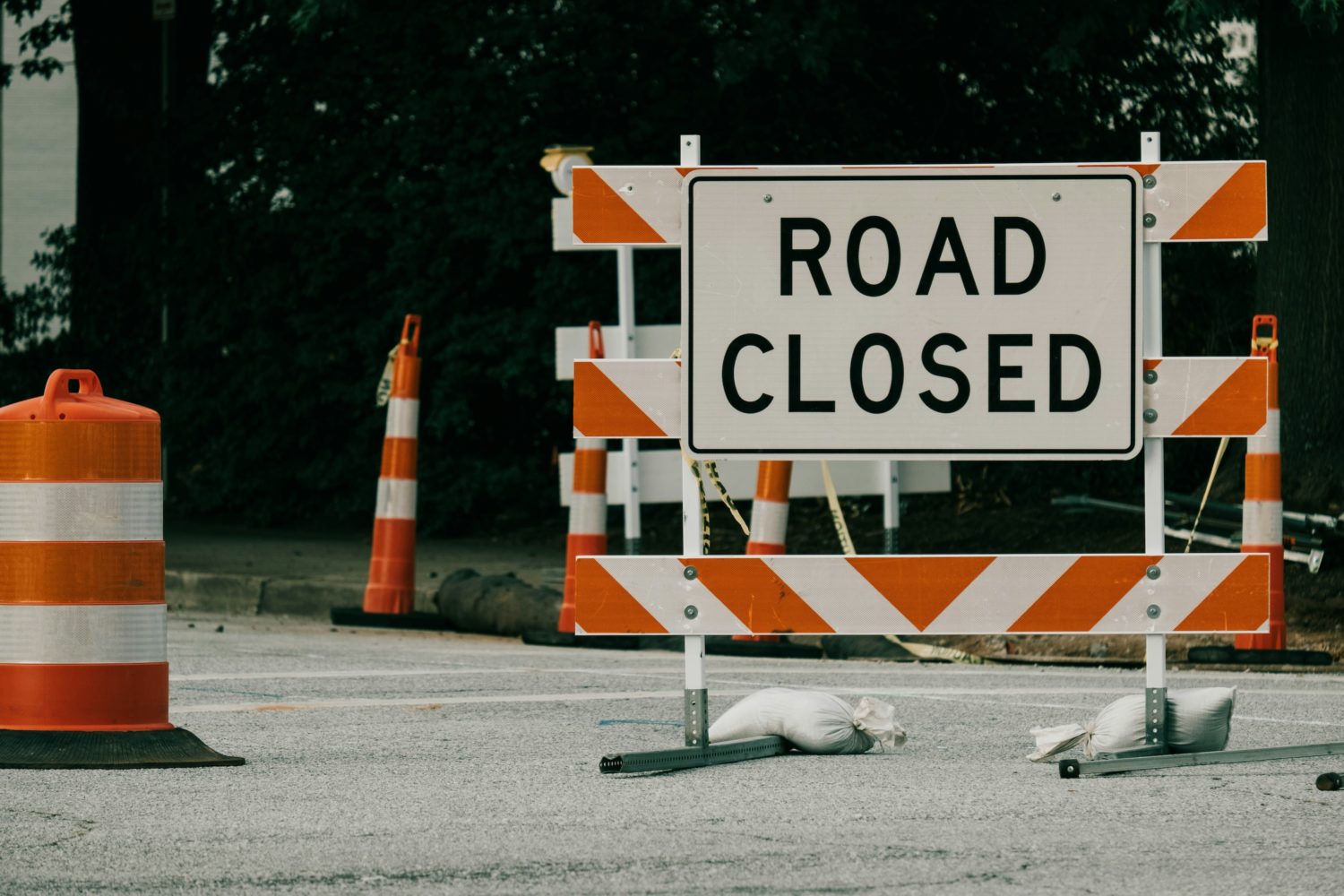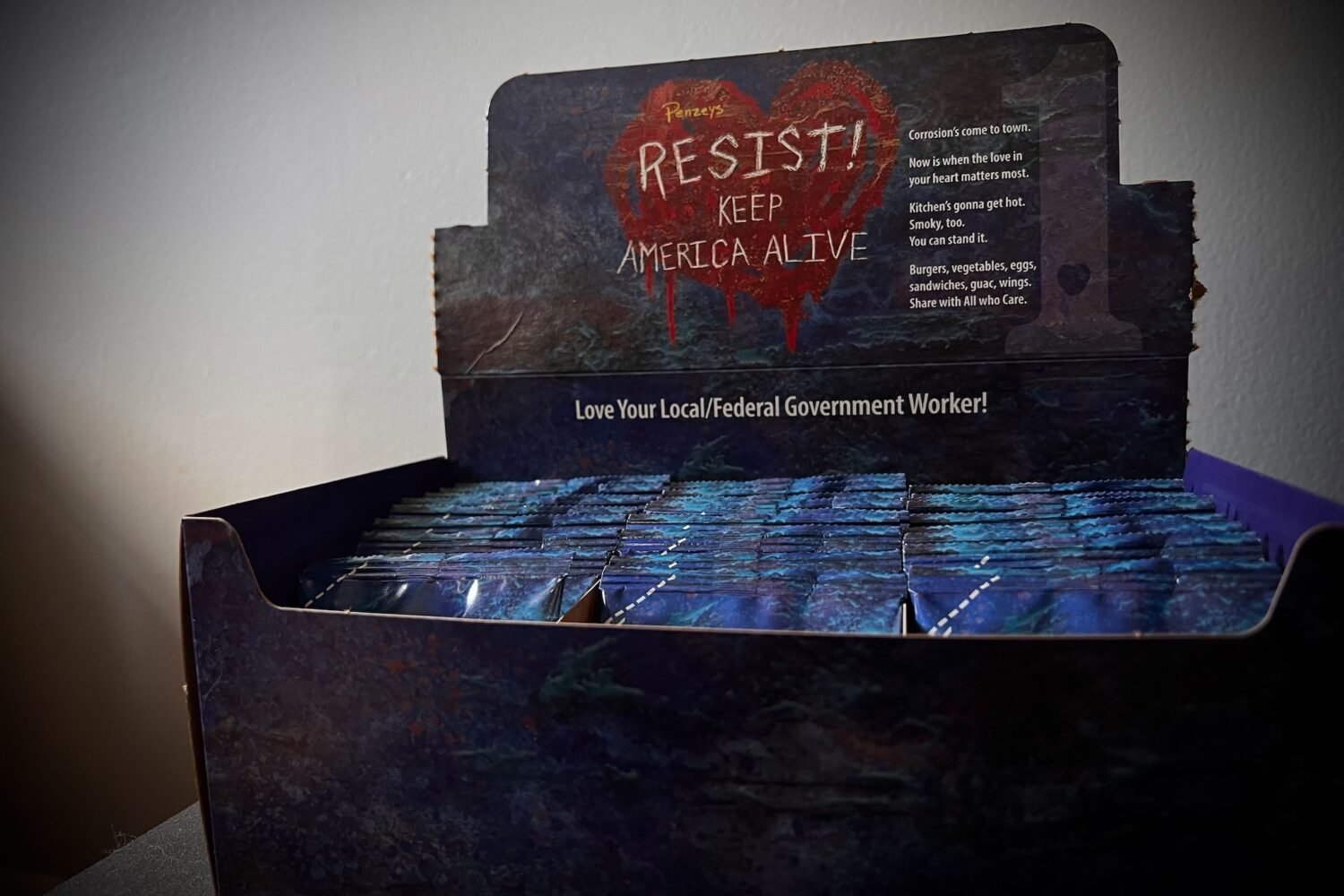We inch along I-66, rush-hour brake lights stretched before us to the horizon. Country music—my 16-year-old daughter’s choice—blares from the radio. She’s scratching out a math problem, immune to the gridlock. I stew, then grumble. I check my cell phone for e-mail once, twice, and again.
“What if we just walk?” I finally shout.
My daughter doesn’t look up. She’s grown accustomed to such eruptions in the months we’ve been making this trek. Not long ago, she began playing soccer for a team in a Virginia suburb that Google Maps says is 40 minutes from our house. Ha! Our route takes us west on I-66, through the ninth level of traffic hell. We’re lucky if we get there in less than 90 minutes. A reasonable family would never do this, but soccer stole our sanity long ago. Drive through the teeth of rush hour two or three days a week? Well, sure.
On days when her team practices, I meet my daughter at school around 5. I pack snacks, water, her iPod. We talk about her day, but only briefly. This is her time to do homework and decompress. For me, it’s the time to dream of living anywhere but Washington. Traffic chokes virtually every road. On clear days, I drive into the setting sun and feel my eyes sear. Scofflaws crowd the HOV lanes. Road rage suddenly seems like an acceptable defense for murder.
Having delivered my daughter to practice, I spend the next 90 minutes killing time. I take a walk or swim at the nearby recreation center. I go to Starbucks and spend money I don’t have on coffee I don’t need.
Finally, practice is over. Returning to the car, my daughter throws open the door and jumps into the front seat. Instantly, the car fills with the tangy smell of her sweat. She’s worked hard, and her endorphins—those chemicals that act as nature’s happy pills—have kicked in and turned my quiet, sometimes sullen teenager into a chatterbox. She talks—and talks. About her teachers, the math problem vexing her, the Beowulf essay she nailed.
And about her future. How she wants to go to a college with a marine-science program. How she’s scoured the Internet to find the qualifications to become an astronaut. How she wants to travel—lie on the beach in Greece, climb the mountains of Patagonia, eat croissants in Paris.
She’s collected these dreams like charms on a bracelet. I dare not say anything. I don’t even want to breathe for fear I might break the spell. As she talks, I see the little girl my daughter once was, the woman she’s about to become. She’s awakening to the wonders of both the world and her own potential—anything seems possible. She knows NASA has shut down the space-shuttle program; she’s going to the moon anyway.
Night has fallen now, and in the darkness of the car, I smile. All too soon, she’ll be fighting to keep her dreams alive amid the routine of grownup living, with jobs and rent and obligations and, yes, traffic. But in this moment, I feel her resolve and know that hers is no fantasy.
When we turn onto our street, she’s still talking. I consider pretending we have to go to the store to get milk—anything to extend the car ride and keep her going. But I’ve learned you can’t force these moments. So I pull up to the curb, turn off the ignition, and begin to get excited about our next trip out I-66—and the ride home.
Patrick Josephs is the pseudonym for a Washington writer whose daughter wouldn’t forgive him if she were identifiable.
This article appears in the September 2012 issue of The Washingtonian.

